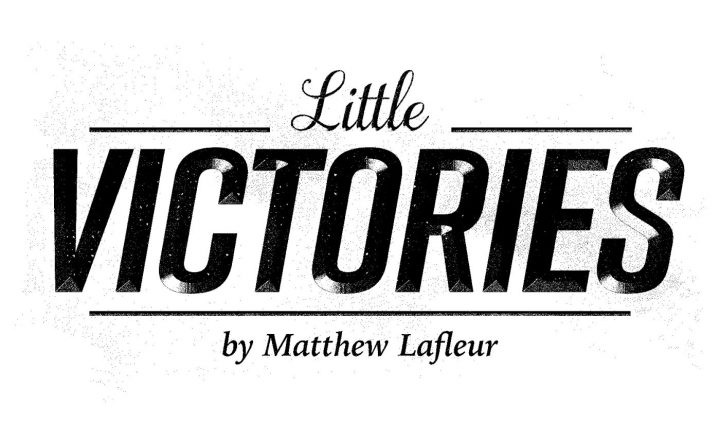What ‘Hamilton’ Taught Me About Waiting
Written by |

I’m not patient. Not at all.
I think it’s funny that people with debilitating health conditions often are seen as being patient and tolerant. We seem to be superhuman, persistent, and serene in our daily activities, no matter how long they take or how much we struggle to do them.
Like when a stranger knocks, but leaves before I can make my way out of my room and down the hall to open the door.
Or when it takes me two hours every morning to shower and dress.
Or when I’m unable to spend the night anywhere that isn’t wheelchair accessible.
Acknowledging these things may look like patience. But the truth is I only learned to deal with tardiness because I have no other choice. My slow and uncoordinated body causes me to wear the disguise of a patient person, of someone who plans ahead, or laughably, of someone who makes lists.
Part of me still grieves the ability to be spontaneous.
Although I find my spirit eroded into someone who needs to plan rather than jump into unscheduled adventures, it isn’t all bad. I’m slowly learning the beauty in patience.
***
Of all the standout characters in the musical “Hamilton,” I was surprised at the one I most related to. I didn’t expect to see myself in the antagonist, Aaron Burr.
Burr’s motivations, expressed through the song “Wait For It,” seem to put words to my own struggles with patience and living with Friedreich’s ataxia.
In earlier verses of the song, the character of Burr sings about two colossal forces in his life that shaped his patience, his ability to “wait for it”: love and death. He describes both as seemingly all-powerful.
Burr seems to be a passive victim of love, recognizing only that he is fortunate to be in a loving relationship with the character of Theodosia. Rather than pursuing the relationship further, he remains secretive, visiting her only when her husband is away.
“And if there’s a reason I’m by her side, when so many have tried, then I’m willing to wait for it.”
A later verse focuses on the inescapability of death. Burr reflects on his parents and grandparents, and how much they loved him. Thus, he recognizes his powerlessness in choosing who lives and dies. And he is in no rush to discover his own purpose in life.
“And if there’s a reason I’m still alive, when everyone who loves me has died, I’m willing to wait for it.”
Burr obviously is a Stoic. He believes that love and life are chess players, and we are the pawns.
While I don’t entirely agree — I’m as brooding as a Stoic, but a bit more active, like an existentialist — I appreciate the deterministic beauty of his words.
If I were to add a verse, it would be about health. My progressive disease, through the fault of no one, limits me in almost every way. I can’t do anything but wait.
Wait for a treatment.
Wait for a cure.
Wait for a miracle that may never come.
But waiting, or being patient, is not the same as giving up.
“I am the one thing in life I can control. … I am inimitable, I am an original. … I’m not falling behind or running late. … I’m not standing still, I am lying in wait.”
When we are forced to wait, we often compare ourselves to the go-getters in our lives, the Hamiltons. They never seem to stop, and they always seem to succeed. It’s hard not to be jealous of them.
And that’s OK, but there also is a beauty in taking things slowly.
Maybe I don’t really have a choice in love, death, or health. I can’t expect a treatment, cure, or miracle to save the day. If one does, though, I’m willing to wait for it.
But that doesn’t mean I’ll be standing still.
***
Friedreich’s Ataxia News is strictly a news and information website about the disease. It does not provide medical advice, diagnosis or treatment. This content is not intended to be a substitute for professional medical advice, diagnosis, or treatment. Always seek the advice of your physician or another qualified health provider with any questions you may have regarding a medical condition. Never disregard professional medical advice or delay in seeking it because of something you have read on this website.The opinions expressed in this column are not those of Friedreich’s Ataxia News or its parent company, Bionews, and are intended to spark discussion about issues pertaining to Friedreich’s ataxia.






Frederick R Lafleur
Outstanding piece of writing Matt!
Thanks for sharing!